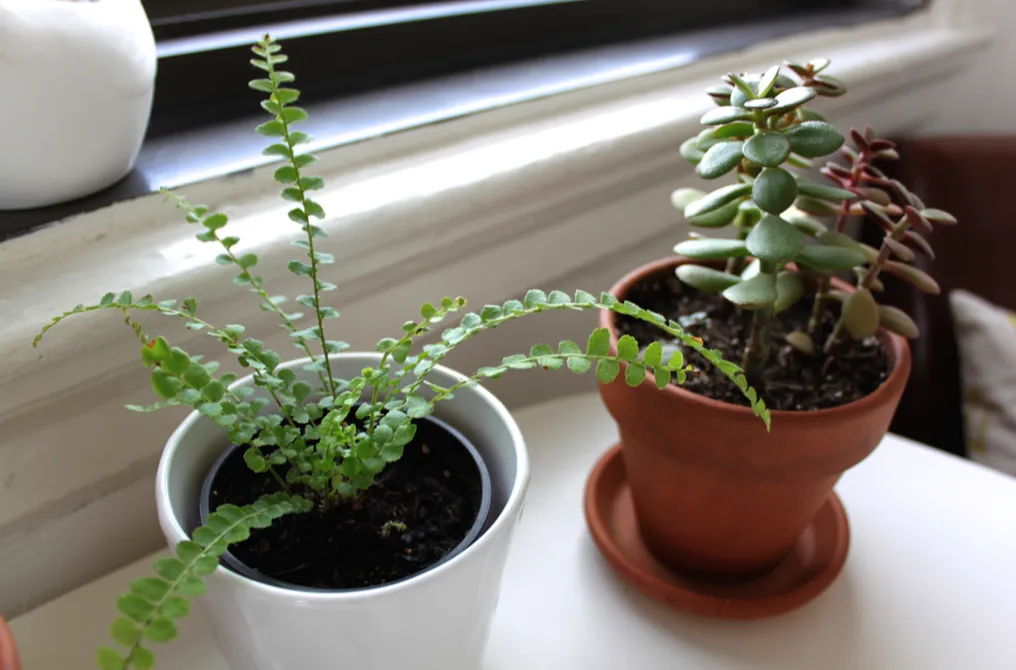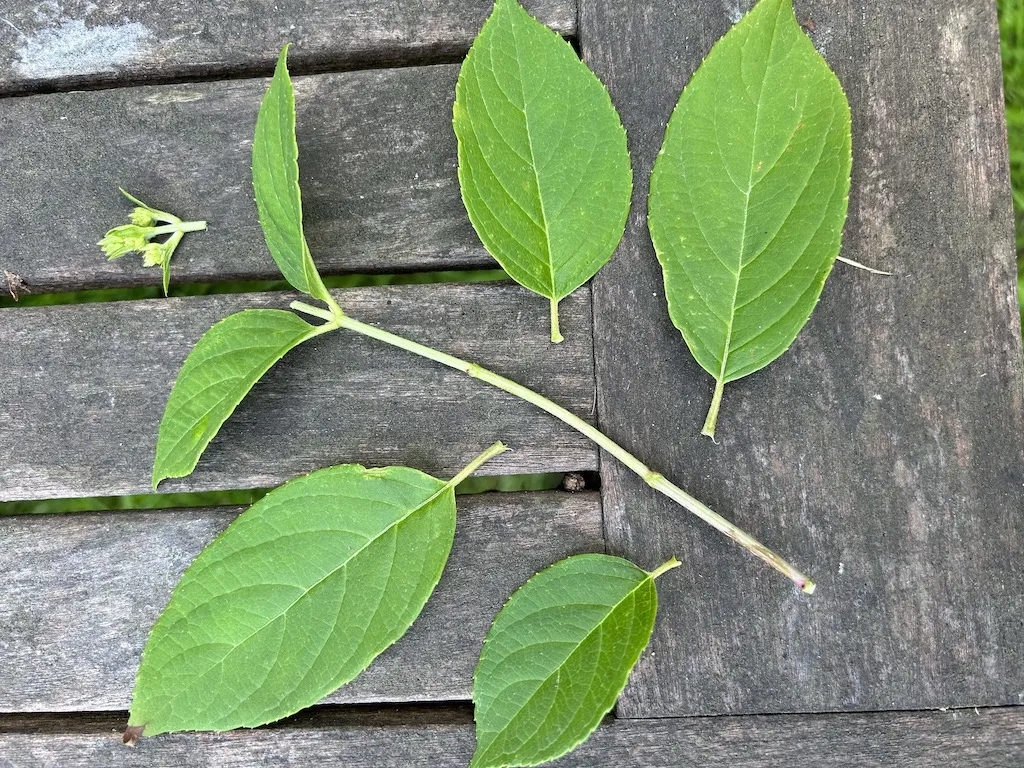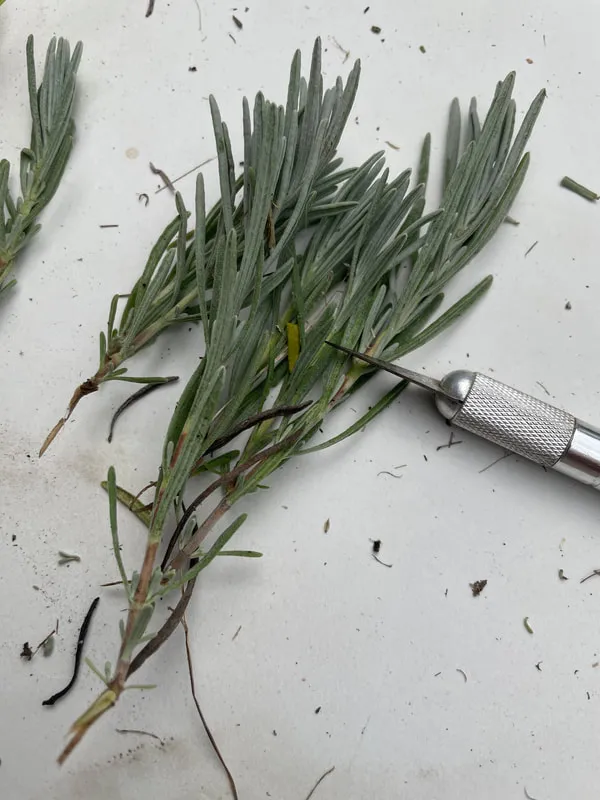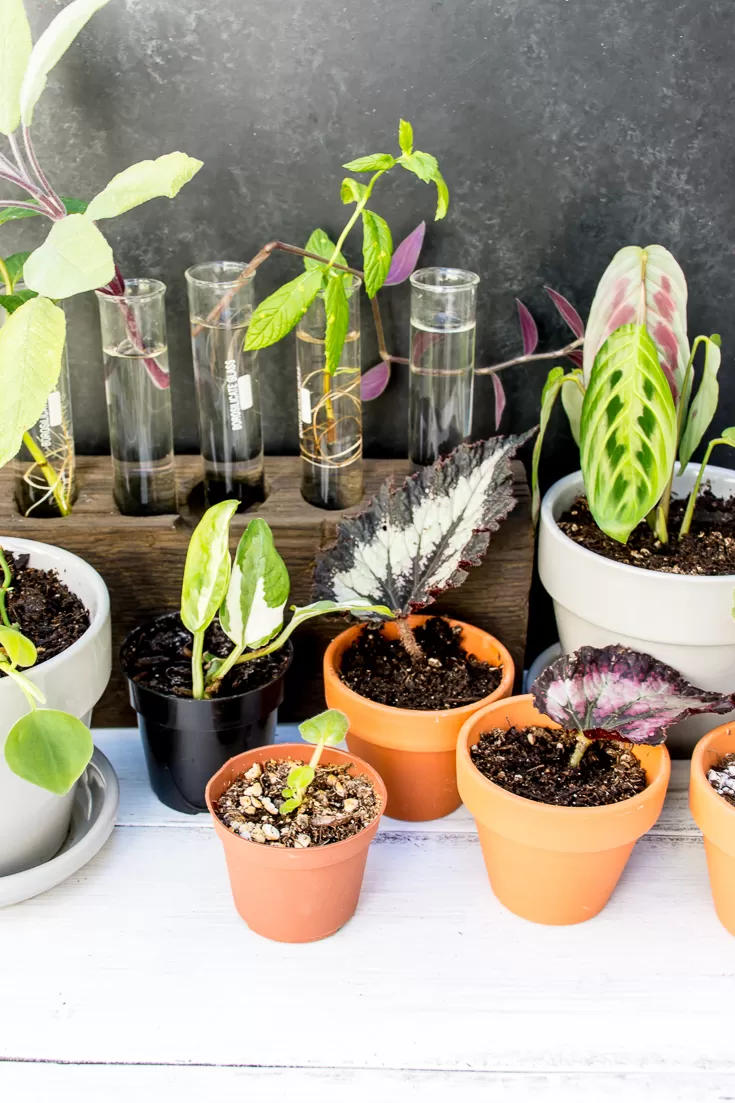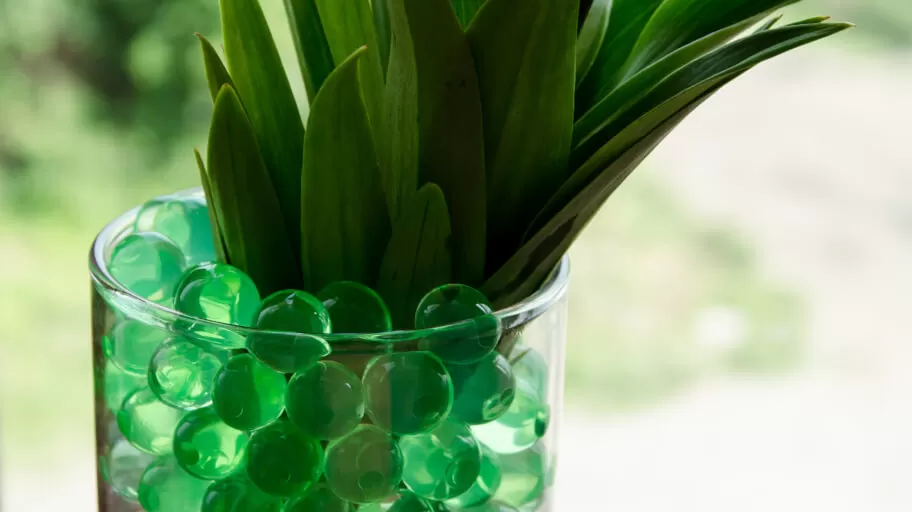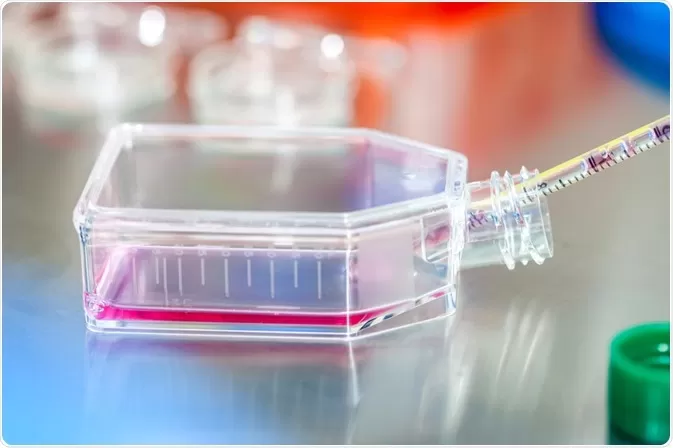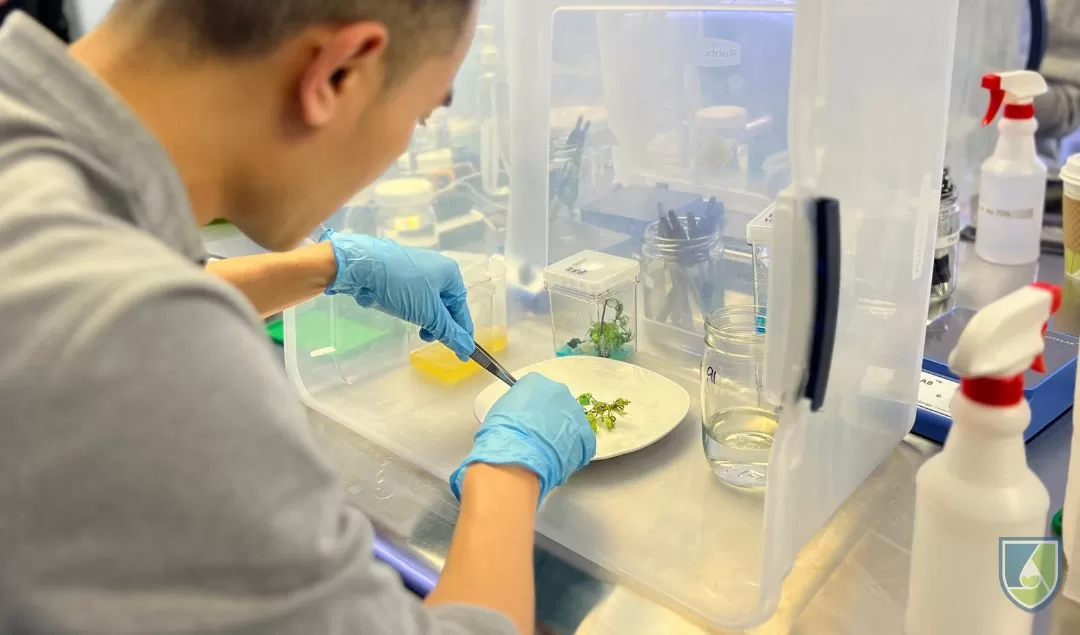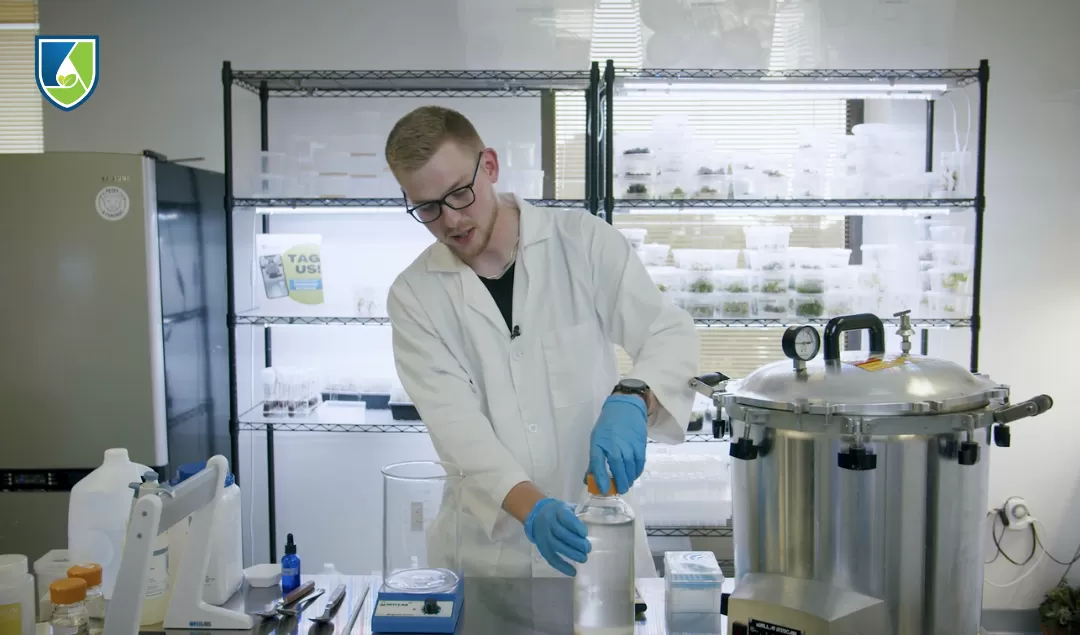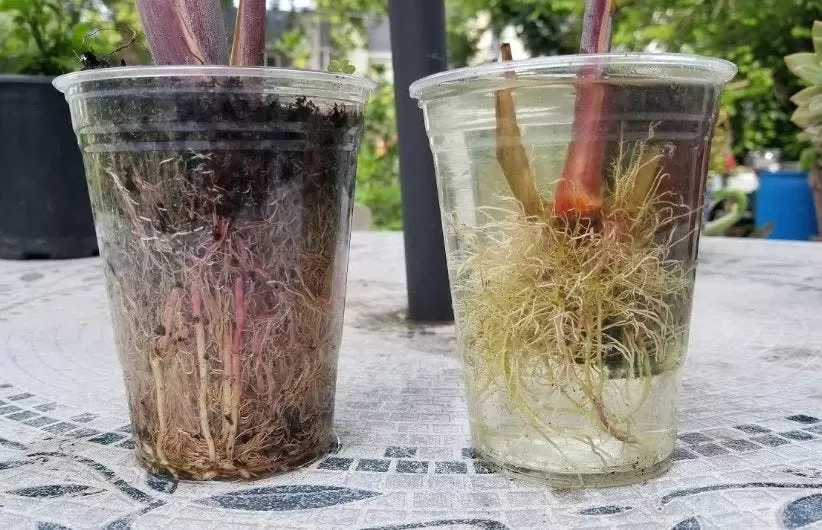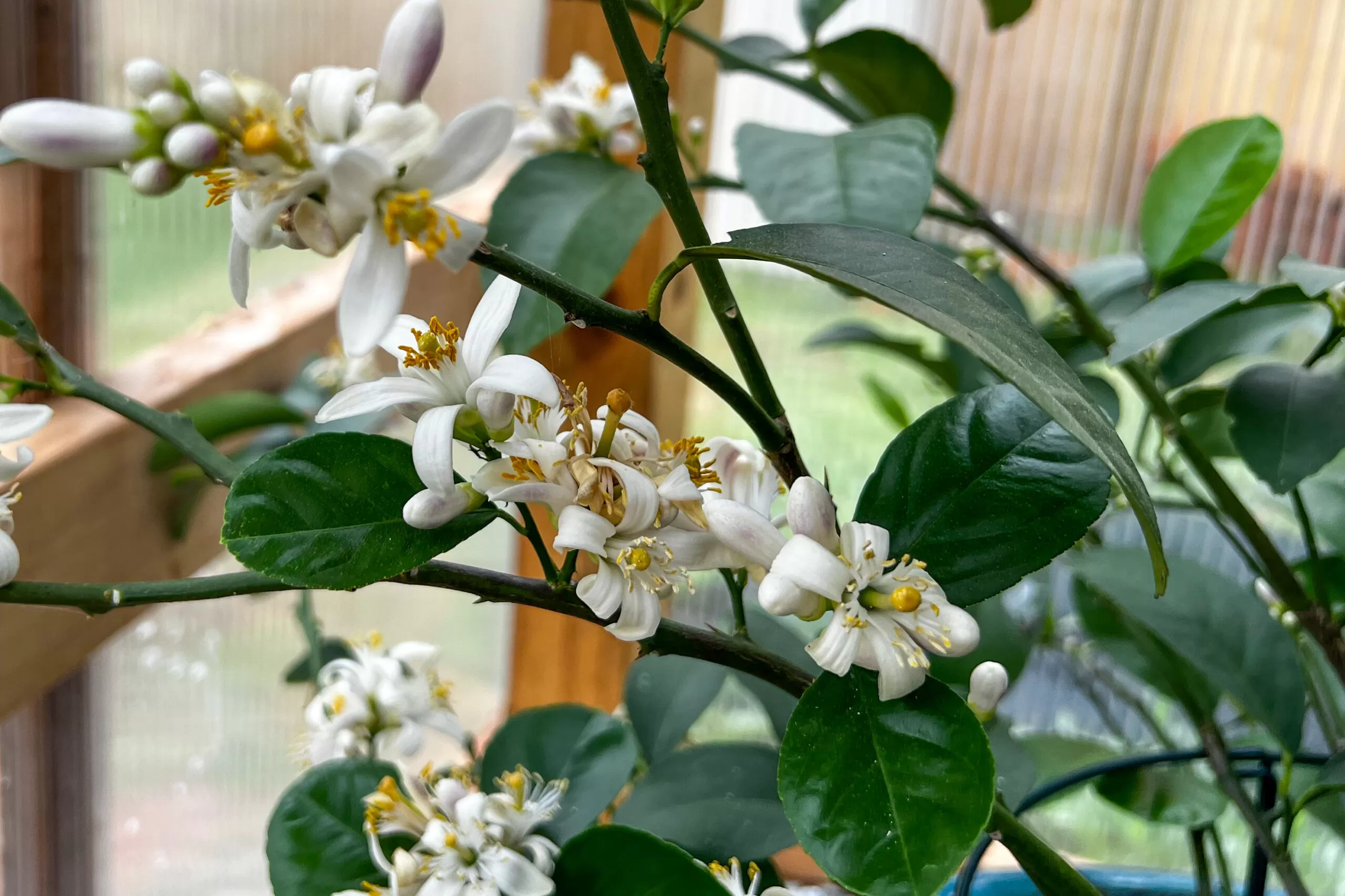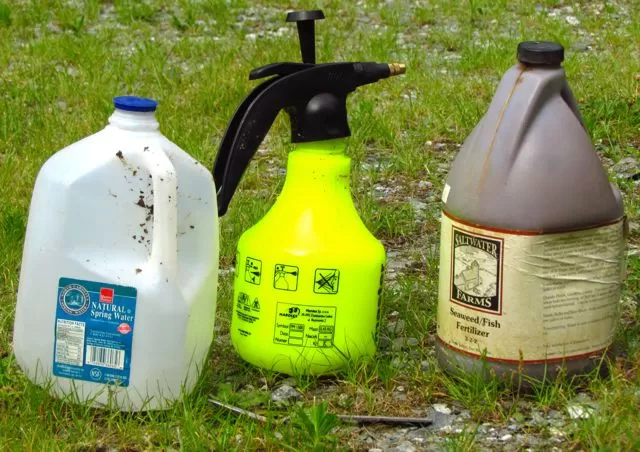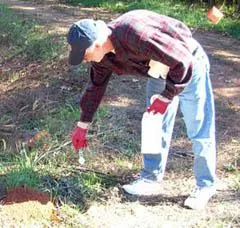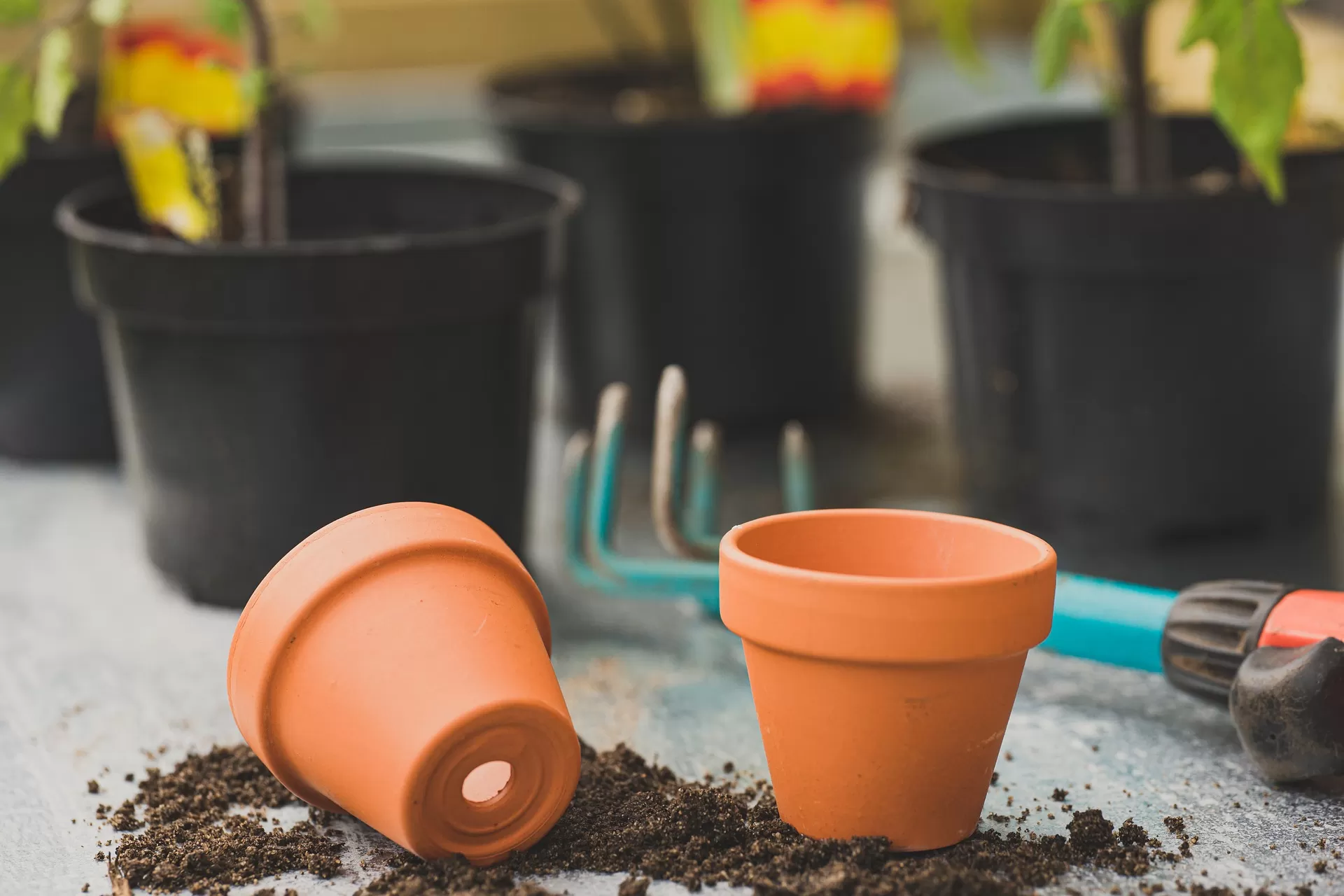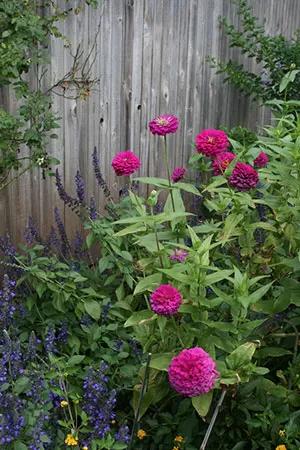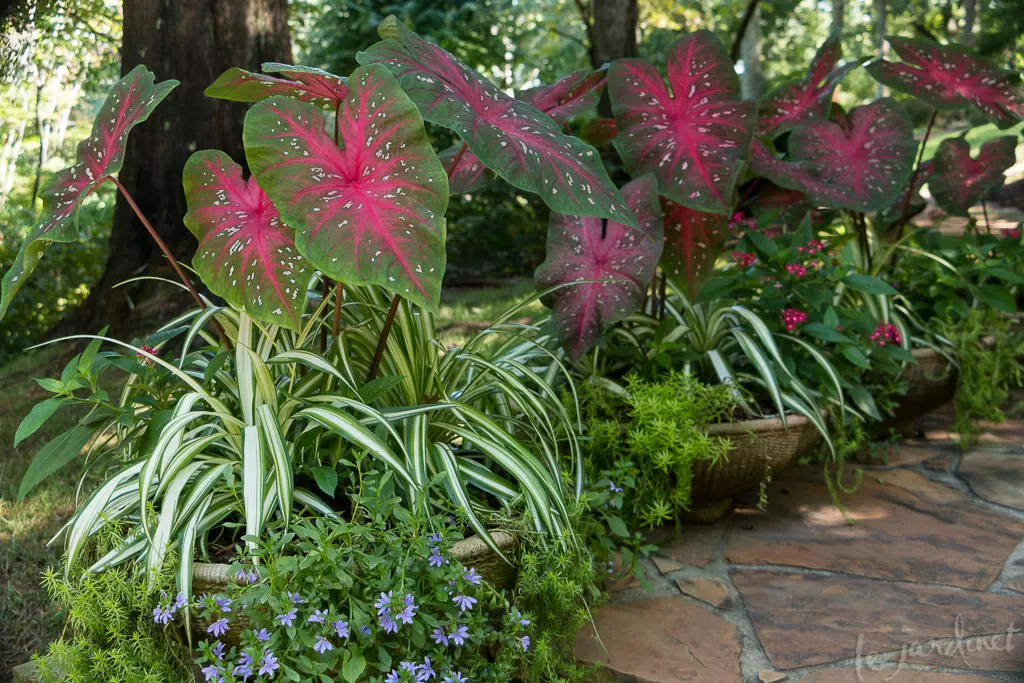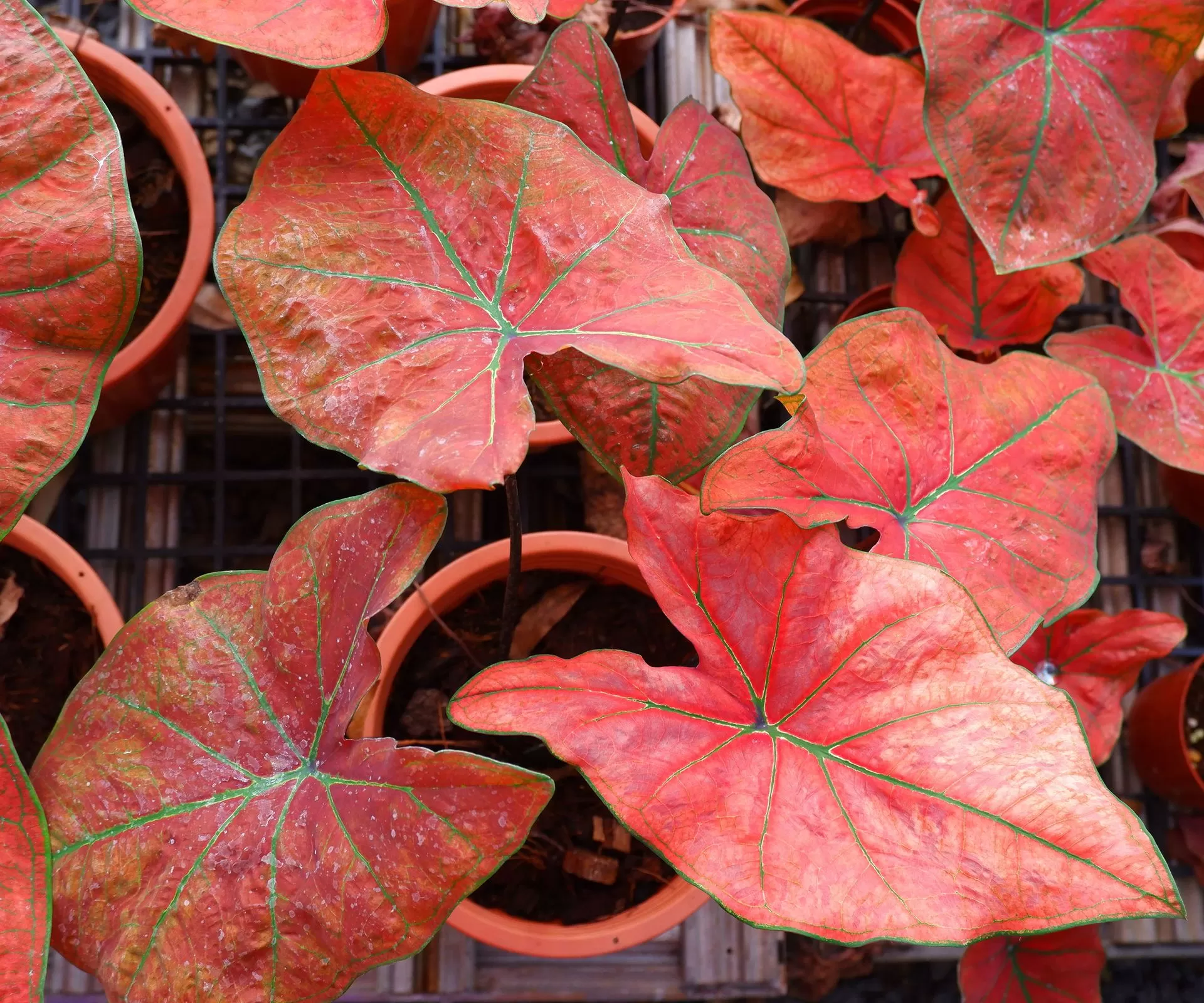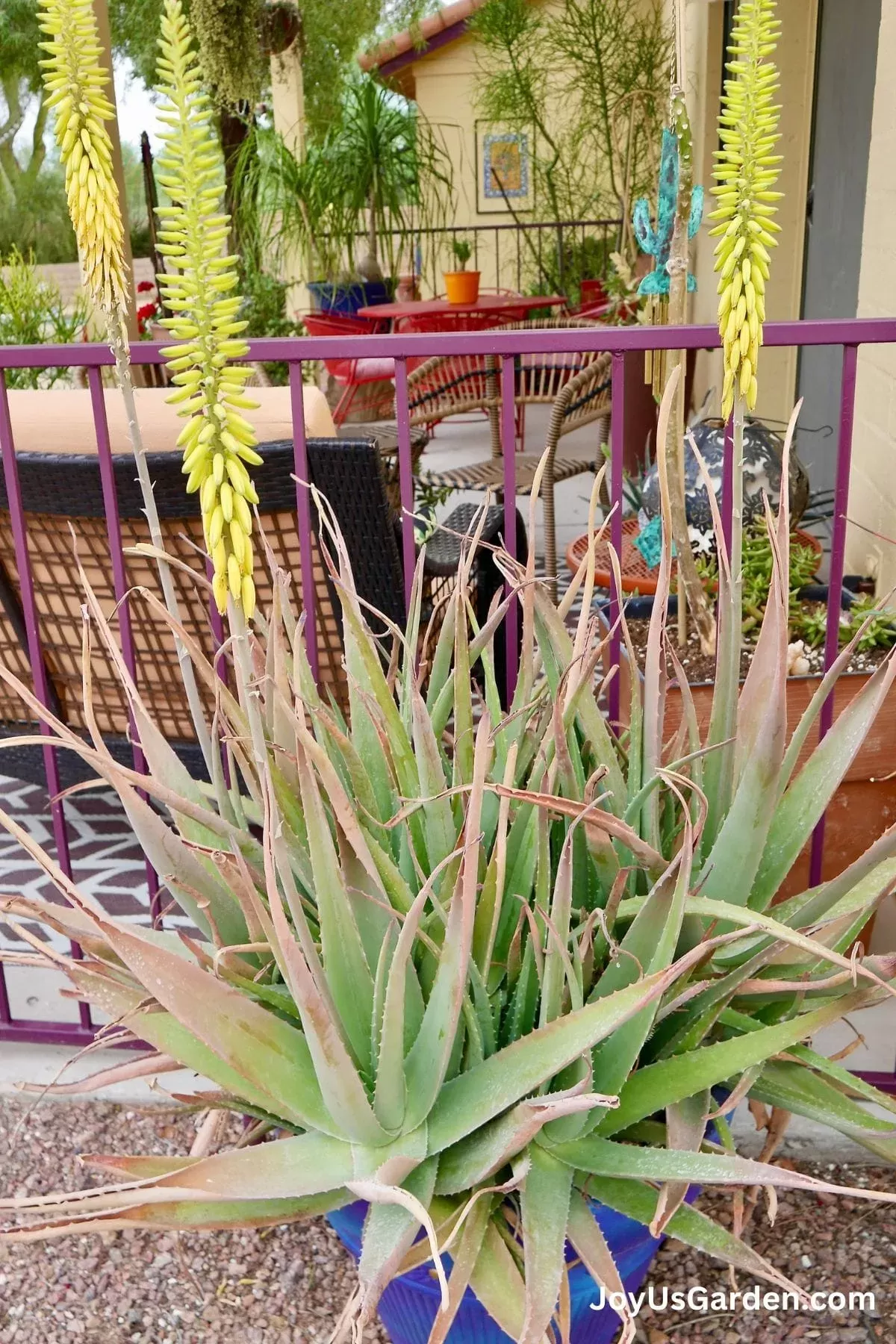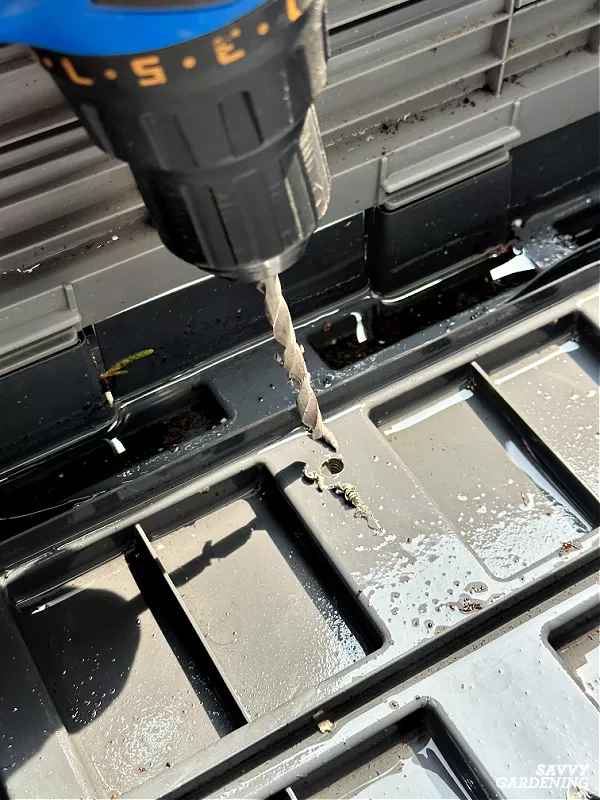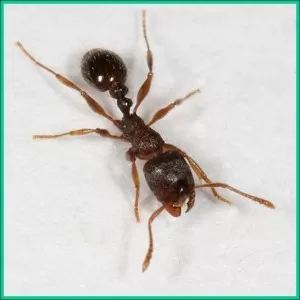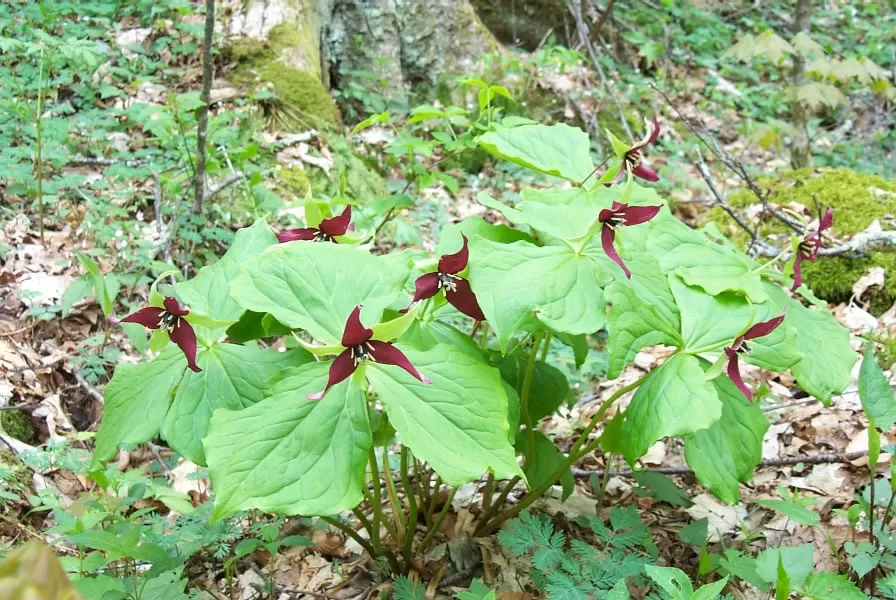Here’s a quick look at how coconut water can transform your garden:
- Natural Rooting Power: Acts as a potent natural rooting hormone for cuttings.
- Boosts Overall Growth: Rich in plant growth regulators that enhance development.
- Alternative Fertilizer: Provides essential nutrients, comparable to commercial liquid fertilizers.
- Sustainable & Eco-Friendly: Utilizes a natural byproduct, reducing the need for synthetic chemicals.
Have you ever marveled at the lush, vibrant growth of plants and wondered if there was a natural, secret ingredient? For generations, gardeners have sought simple, effective ways to give their green friends the best start. One surprising, yet incredibly powerful, resource is readily available and packed with potential: coconut water. Far from just a refreshing drink, the liquid found inside young green coconuts holds remarkable properties that can significantly benefit your plants, particularly when it comes to establishing strong roots. Discover the magic of rooting in coconut water and how this natural elixir can help your cuttings thrive and your plants flourish.
Contents
The Natural Science Behind Coconut Water for Plants
What makes coconut water so effective for plant growth? The key lies in its rich composition of naturally occurring plant growth regulators (PGRs), also known as phytohormones. These are organic compounds produced by plants that influence processes like cell division, growth, and differentiation – essentially, the building blocks of healthy plant development.
Scientific studies highlight that coconut water is particularly rich in cytokinins, a class of PGRs known for promoting cell division and growth, and auxins, which are crucial for root formation. This unique blend makes it a powerful, natural supplement for various plant applications, from complex tissue culture in labs to simple propagation in your home garden.
The Power of Rooting in Coconut Water
One of the most exciting applications for home gardeners is utilizing coconut water for propagating new plants from cuttings. Getting cuttings to root successfully can sometimes be a challenge, but coconut water offers a natural boost that can significantly improve your strike rate.
Imagine dipping a fragile stem cutting into a solution and watching it develop strong, healthy roots faster than expected. Research has shown that soaking cuttings in coconut water for even a short period, like 5-6 hours before planting, can dramatically enhance root development. This is due to the auxins and other growth factors present, which stimulate the cells at the cut end to form roots.
For plants like Rhizophora stylosa, a mangrove species, soaking cuttings in coconut water has been shown to be comparable to, or even better than, using commercial rooting hormones. While you might not be propagating mangroves in your living room, the principle applies to many common houseplants and garden varieties. Whether you’re trying to root a Pothos, a Peace Lily, or a shrub cutting, giving it a coconut water soak can provide that extra encouragement needed for successful rooting in coconut water.
Plant Profile: Rhizophora stylosa
- Scientific Name: Rhizophora stylosa
- Common Name: Spotted Mangrove, Red Mangrove (sometimes used for the genus)
- Zone: Tropical coastal zones (Typically Zone 10-11+)
- Light: Full sun
- Humidity: Very High (native to mangrove swamps)
- Water: Saline or brackish water (tidal zones)
Beyond Rooting: Coconut Water for Overall Plant Health
The benefits of coconut water aren’t limited to just starting new plants. Its rich nutrient profile makes it an excellent supplement for established plants as well. Think of it as a natural, gentle fertilizer providing micronutrients, sugars, and those valuable growth regulators.
Studies on plants like pechay (Brassica rapa subsp. chinensis) have demonstrated that formulated coconut water can be just as effective as commercial liquid fertilizers in promoting growth metrics like height, fresh weight, and leaf production. It provides essential elements that support robust vegetative growth.
Even in controlled environments like tissue culture, adding coconut water to the growth medium significantly enhances plant development. For instance, Dwarf Cavendish Banana plants grown with fresh green coconut water showed greater height compared to those treated with a common synthetic hormone (BAP). This highlights its broad-spectrum benefits for encouraging vigorous, healthy plant development from the cellular level upwards.
Plant Profile: Brassica rapa subsp. chinensis
- Scientific Name: Brassica rapa subsp. chinensis
- Common Name: Bok Choy, Pak Choi, Pechay (in the Philippines)
- Zone: Typically grown as an annual; prefers cooler weather (Can be grown in Zones 2-11 depending on season)
- Light: Full sun to partial shade
- Humidity: Moderate
- Water: Keep soil consistently moist
Plant Profile: Musa acuminata (Dwarf Cavendish Group)
- Scientific Name: Musa acuminata (Dwarf Cavendish Group)
- Common Name: Dwarf Cavendish Banana
- Zone: Tropical (Zone 10-11+) – Can be grown in controlled environments elsewhere.
- Light: Full sun
- Humidity: High
- Water: High; requires consistently moist soil, but not waterlogged.
How to Use Coconut Water in Your Garden
Ready to try incorporating coconut water into your plant care routine? Here are some simple ways:
- For Rooting Cuttings: Use water from young, green coconuts. You can either soak the base of your cuttings in undiluted coconut water for several hours before planting, or mix it with your propagation medium (like perlite or soil mix) at a ratio of about 1 part coconut water to 3-4 parts water.
- As a Growth Booster/Fertilizer: Dilute coconut water (again, from young green coconuts is best) with regular water. A common ratio is 1 part coconut water to 4-5 parts water. Use this mixture to water your plants occasionally, perhaps once every 2-4 weeks, especially during periods of active growth.
- Foliar Spray: Diluted coconut water can also be used as a foliar spray, delivering nutrients directly to the leaves. Ensure it’s well-diluted (e.g., 1:5 ratio or weaker) to avoid any sticky residue.
Remember to use fresh coconut water from young green coconuts, as the composition changes as the coconut matures. Avoid sweetened or processed coconut beverages intended for drinking, as these contain additives that aren’t suitable for plants.
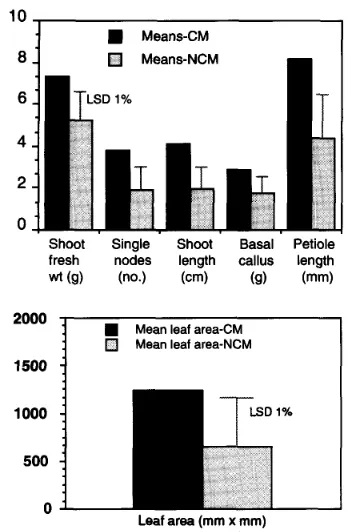 Chart showing increased plant growth metrics when treated with coconut water compared to untreated plants, illustrating the effectiveness of coconut water for propagation and overall plant health.
Chart showing increased plant growth metrics when treated with coconut water compared to untreated plants, illustrating the effectiveness of coconut water for propagation and overall plant health.
The chart above visually demonstrates the positive impact of coconut water treatment across various plant growth metrics compared to control groups receiving no coconut water. This kind of result is what excites gardeners about its potential.
Benefits and Considerations
Utilizing coconut water in your garden offers several benefits: it’s a natural, eco-friendly option compared to synthetic chemicals, it repurposes a readily available resource, and it provides a unique blend of growth promoters and nutrients.
While generally safe and beneficial, moderation is key. As with any fertilizer or supplement, overusing undiluted solutions could potentially harm plants. Starting with diluted solutions and observing your plants’ response is always a good approach. Focus on using fresh water from young green coconuts for the best results.
Incorporating rooting in coconut water and using it as a general plant tonic is a simple, natural way to give your plants an extra edge. It’s a nod to traditional practices backed by modern science, offering an exciting addition to your organic gardening toolkit.
Ready to give your plants a taste of this tropical secret? Explore the possibilities that simple, natural ingredients like coconut water offer in nurturing vibrant, thriving green spaces.
Have you tried using coconut water for your plants? Share your experiences in the comments below! If you found this guide helpful, feel free to share it with your fellow garden enthusiasts. Discover more natural gardening tips and tricks on Thelittle.garden!


